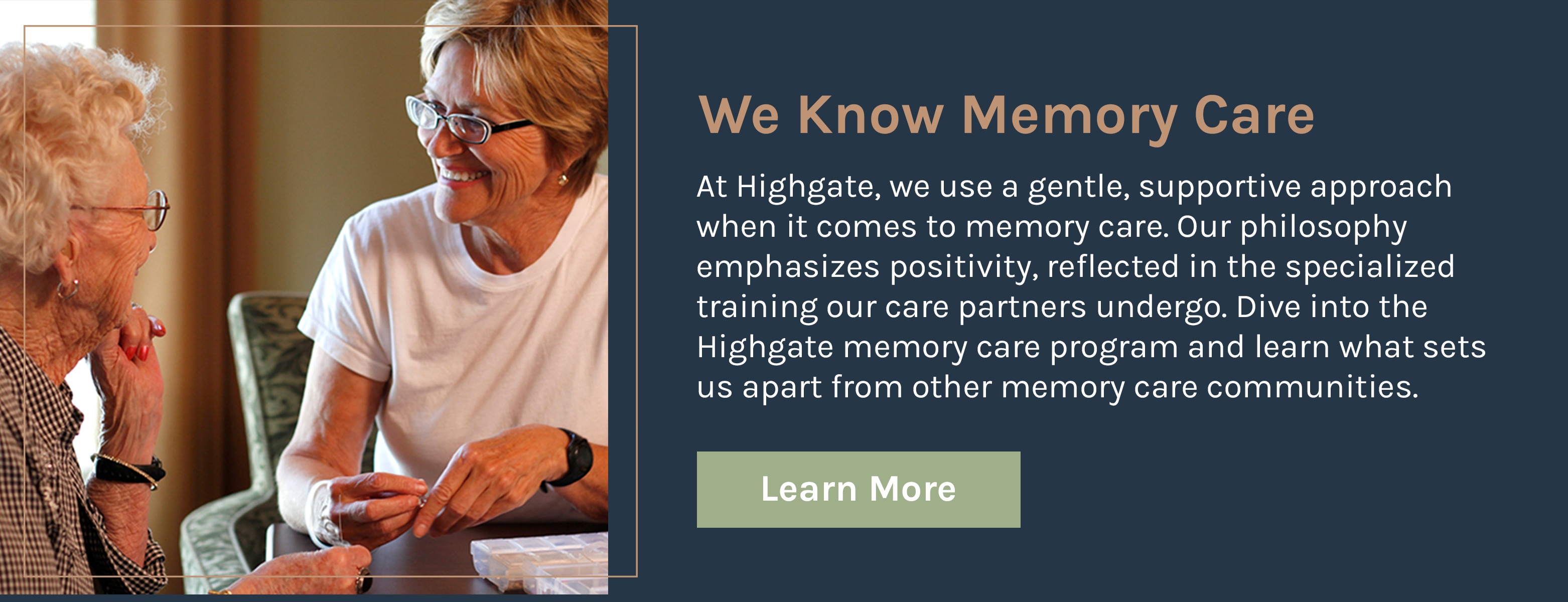 The demands of caregiving can be overwhelming, especially for family caregivers of people with dementia. People with dementia generally require high levels of care, and more often than not, that care is provided by family caregivers. Unfortunately, this support comes at a cost of caregiver burnout and poorer quality of life.
The demands of caregiving can be overwhelming, especially for family caregivers of people with dementia. People with dementia generally require high levels of care, and more often than not, that care is provided by family caregivers. Unfortunately, this support comes at a cost of caregiver burnout and poorer quality of life.
Many studies have found that caregivers of those with dementia have higher levels of burden than other caregivers. Approximately 18 percent of caregivers of people with dementia, in contrast to only 6 percent of caregivers of people without dementia, indicate substantial negative aspects of caregiving, according to an analysis of the National Health and Aging Trends Study.
Often called the invisible second patient, caregivers of people with dementia experience higher levels of clinical depression, and rates of depression increase with the severity of cognitive impairment of the person with dementia. Depressed caregivers are more likely to have coexisting anxiety disorders, substance abuse or dependence and chronic disease, according to Families Care: Alzheimer’s Caregiving in the United States.
Compared with caregivers of people without dementia, twice as many caregivers of people with dementia indicate substantial financial, emotional and physical difficulties. So why are family caregivers who care for those with dementia more at risk for caregiver burnout?
Dementia Caregivers Work Longer, Harder Hours
Dementia is associated with long care hours and physically demanding caregiving. According to one study, primary family caregivers of people with dementia report spending an average of nine hours per day providing help to their relatives, compared to four hours per day of caregivers of adults without dementia.
The care provided to people with Alzheimer’s disease and other dementias is wide-ranging and in some instances all-encompassing. Although many family caregivers help their loved ones with arranging for doctor’s appointments and household chores, dementia caregivers tend to provide more extensive assistance.
For example, family caregivers of people with dementia are more likely than caregivers of other elderly people to assist with any activities of daily living, help with self-care and mobility, and advocate for their care recipient with government agencies and service providers, according to data from the National Survey of Caregiving.
The Duration of Caregiver is Longer Among Dementia Caregivers
Caregivers of people with dementia provide care for a longer time, on average, than caregivers of older adults with other conditions. According to the Alzheimer’s Association, 43 percent of caregivers of people with Alzheimer’s and other dementias provided care for one to four years compared with 33 percent of caregivers of people without dementia. They are also more likely to be providing care for five years or longer.
Research published in Caregiving in the U.S. shows that the toll of caregiving increases over time. Of those providing care for five years or more, 20 percent report their health is fair or poor, compared with 14 percent of those who have been giving care for less than a year. Caregivers who have been providing care for a year or longer are also more likely to report a higher degree of physical, emotional and financial strain than shorter-term caregivers.
Dementia Poses Special Challenges
Caring for a person with dementia also means managing behavioral symptoms of the disease that family caregivers of people with other diseases may not face, such as aggressive behavior, wandering, depressive mood, agitation, anxiety, repetitive activity and nighttime disturbances.
Additionally, people with Alzheimer’s disease eventually experience losses in judgment, orientation, and the ability to understand and communicate effectively — and their caregivers must help manage these issues. As symptoms worsen with the progression of dementia, the care required of family members can result in increased emotional stress and depression.
All too often, family caregivers lack the information or resources necessary to manage the increasing complexity of caring for their loved one with dementia.
Given the heavier burdens placed on dementia caregivers, it’s important they receive support and identify ways to cope with caregiver stress, so they avoid caregiver burnout. Interventions recommended by the Alzheimer's Association include case management, specialized psychoeducational training led by professionals, counseling, support groups, respite care and psychotherapeutic approaches.
In general, these interventions are designed to improve the health and well-being of dementia caregivers by relieving the negative aspects of caregiving. Ultimately, they can lighten the high rates of burden and psychological morbidity as well as social isolation, physical ill-health and financial hardship experienced by family caregivers of people with dementia, thereby improving the quality of the life of the people with dementia.
If you're looking for a memory care facility for your loved one, visit our website to learn more.






